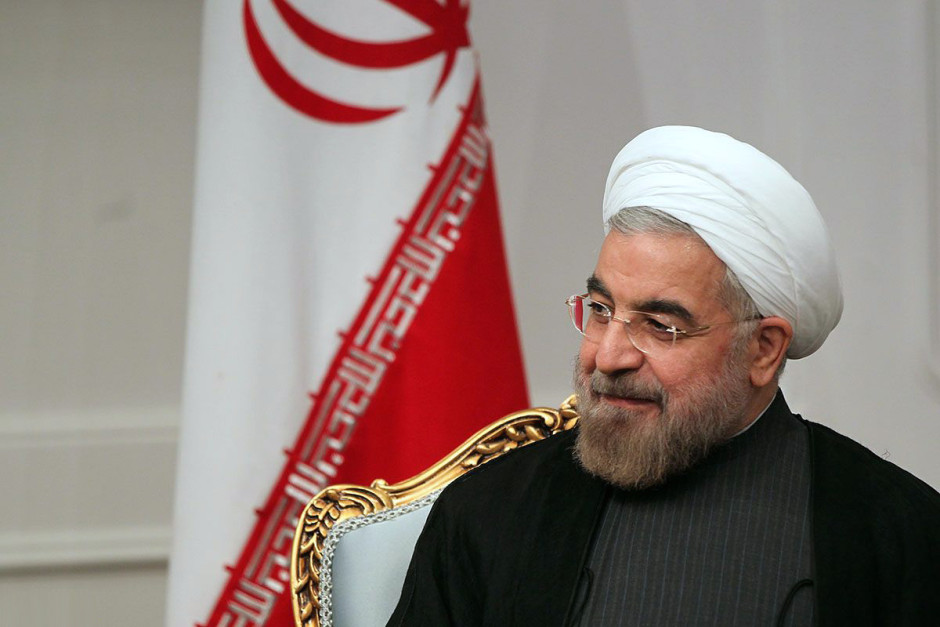A new phase in Iran’s often contentious relationship with the West unfolded a few days ago when the United States and European countries lifted economic sanctions against Iran. They were withdrawn following the release of a report by the International Atomic Energy Agency that the Iranian government had fulfilled its promise to curb its controversial nuclear program.
With the IAEA having officially confirmed that Iran had dismantled more than 12,000 centrifuges, shipped virtually all its enriched uranium to Russia and disabled a reactor capable of producing plutonium, Iran was deemed to be in full compliance with the agreement it signed with six major powers in Vienna last July.
With crippling sanctions having vanished, Iran can now claim roughly $100 billion in frozen assets, can resume the export of oil to foreign markets and can rejoin the global financial system.
For the battered Iranian economy, there could be no better news.
But what does this development mean politically? Does it herald the dawn of a new epoch in relations between Iran and the West after decades of acrimony?

President Barack Obama expressed hope that the implementation of the accord signifies a fresh era of constructive engagement between the United States and Iran.
U.S. Secretary of State John Kerry claimed the agreement severs a 35-year cycle of mutual hostility whose origins date back to 1979, when Iranian revolutionaries seized the U.S. embassy in Tehran and took more than 400 American hostages, prompting the United States to cut diplomatic relations with the newly-established Islamic Republic of Iran.
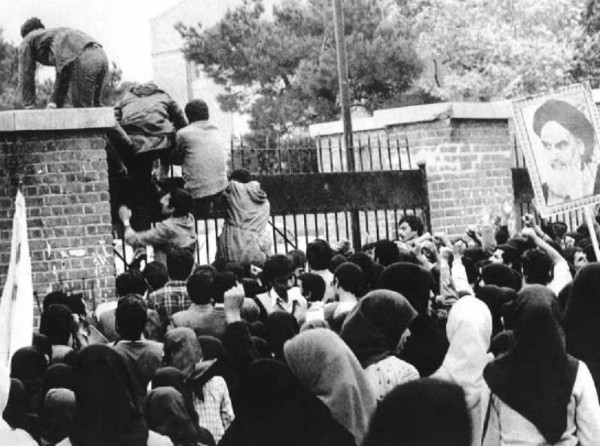
In the wake of these events, Iran — previously one of Washington’s closest allies — turned against the United States, becoming its chief nemesis in the Middle East. The mutual hostility deepened as Iran lashed out at Israel — a key U.S. ally — and called for its destruction, formed alliances with Syria and anti-American and anti-Israel organizations such as Hezbollah and Hamas, and resumed work on its nuclear program.
Iran claimed its program was peaceful in nature, designed to generate electrical power and advance medical and scientific research. But the United States and its allies maintained that the Iranian regime was striving to build a weaponized nuclear arsenal in order to gain hegemony in the Middle East.
In a compromise, Iran agreed to freeze its program for the next 10 to 15 years in exchange for broad sanctions relief. The likelihood of a war pitting Iran against Israel was thus averted.
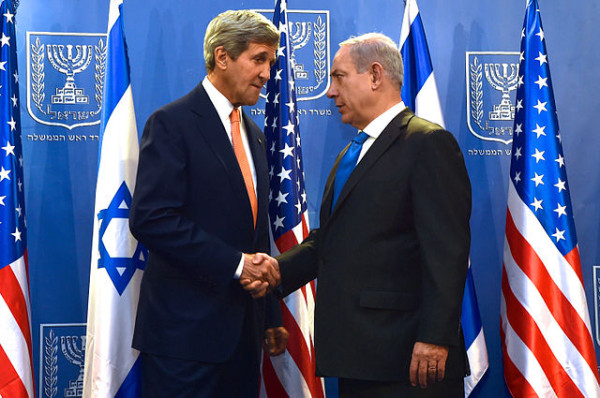
Israel, which had threatened to bomb Iran’s nuclear sites, is displeased with the agreement because Iran is not obliged to dismantle its nuclear facilities. Israeli Prime Minister Benjamin Netanyahu has lambasted the deal, having described it as a “historic mistake” that will empower and embolden Iran, the region’s preeminent Shiite nation.
Nor were Sunni Arab states, like Saudi Arabia, keen about the agreement either.
In the short run, it lays the foundation for the establishment of a diplomatic channel through which the United States and Iran can resolve problems of mutual interest.
Kerry and his Iranian counterpart, Foreign Minister Mohammad Javad Zarif, have formed a durable working relationship, and thanks to this bond, they arranged the immediate release of 10 U.S. sailors whose boat had accidentally drifted into Iranian territorial waters in the Persian Gulf. Kerry and Zarif also finalized a prisoner exchange — the swap of five Americans incarcerated in Iran for seven ethnic Iranians held in the United States. (The fate of CIA agent Robert Levinson, who disappeared in Iran some years ago, remains shrouded in mystery).
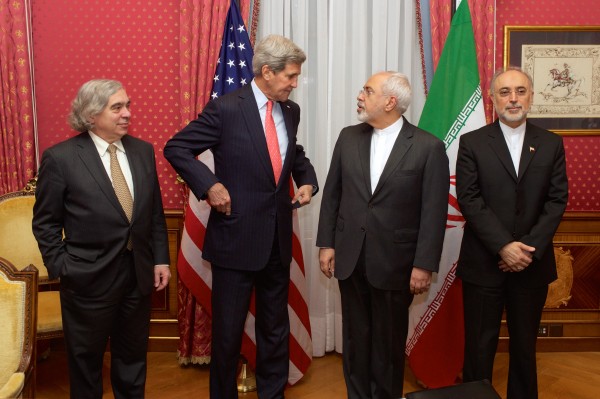
The United States and Iran have a common desire to eradicate Islamic State, the jihadist Sunni organization which has captured large swaths of land in Iraq and Syria and whose objective is the formation of a caliphate in the Middle East. But Washington and Tehran are deeply at odds over several pivotal issues: Israel, the Arab-Israeli dispute, the current conflict in Yemen, the fate of President Bashar al-Assad of Syria, and the role Iran can play in the region. Their differences are unlikely to be resolved soon, if at all.
The policy disconnect between the United States and Iran is indeed striking. Less than a day after the agreement was implemented, the Obama administration imposed limited sanctions on 11 Iranian companies and individuals involved in procurement on behalf of Iran’s ballistic missile program.
The sanctions were announced 11 days after the head of Iran’s Revolutionary Guards Corps, General Hossein Salami, defiantly declared that Iran will keep producing missiles as long as Washington supports Israel, and soon after Iran tested ballistic missiles in defiance of United Nations Security Council resolutions and fired rockets perilously close to U.S. naval vessels in the Strait of Hormuz.
Cognizant of Iran’s track record and of Republican Party grumbling over the agreement, Obama has promised to continue monitoring Iran’s compliance with it and to restrain its aggressive behaviour in the Middle East.
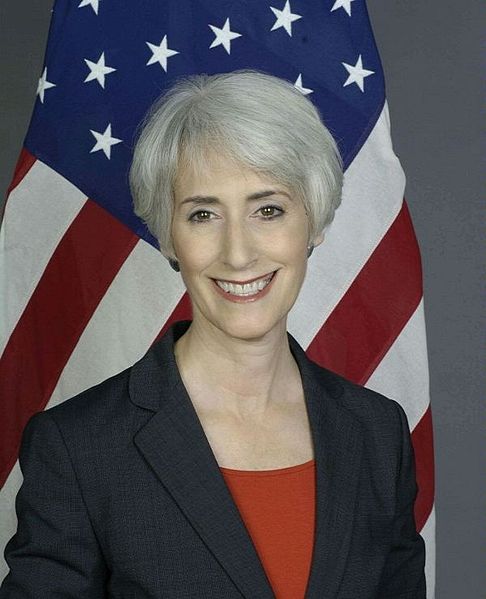
As the former U.S. deputy secretary of state, Wendy Sherman, pointed out the other day, “Iran foments instability in the Middle East, has been a state sponsor of terrorism, and its human rights record is terrible. So we have a long way to go.”
Israel, of course, is extremely edgy about Iran’s intentions. Although the Israeli government believes Iran will comply with the agreement so as not to jeopardize its access to the $100 billion windfall, Netanyahu has voiced concerns that the Iranians will upgrade their assistance packages to Syria, Hezbollah, Islamic Jihad and Hamas. “What is clear is that Iran will now have more resources to dedicate to their terrorism and aggression in the region and in the world,” he said.
Netanyahu may well be right, particularly if the hardline faction in Iran, consisting of politicians, mullahs and military commanders, prevails over the relatively moderate and pragmatic camp led by President Hassan Rouhani.
Elected in 2013 as a reformer, he promised to break Iran’s international isolation and to create a more open society in Iran. Rouhani’s ambitious plan, however, was contingent on signing a nuclear agreement with the major powers and eventually normalizing relations with the United States.
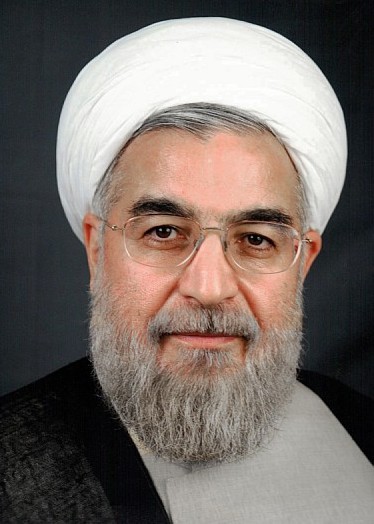
Rouhani’s opponents form a powerful bloc, controlling the police, the media and the judiciary. To no one’s surprise, they voiced opposition to the agreement, fearing it might unleash forces that would undermine the theocratic order and threaten their entrenched interests. Their fears are not unfounded. More imports and foreign competition may well loosen their grip over the economy. In short, the hardliners have a vested interest in preserving the status quo rather than promoting genuine change.
Ayatollah Ali Khamenei, the final arbiter in Iranian politics, supported the nuclear agreement and encouraged Iranian negotiators to reach one. Nonetheless, he has issued a drumbeat of denunciations against the United States, which has a history of meddling in Iran’s internal affairs.
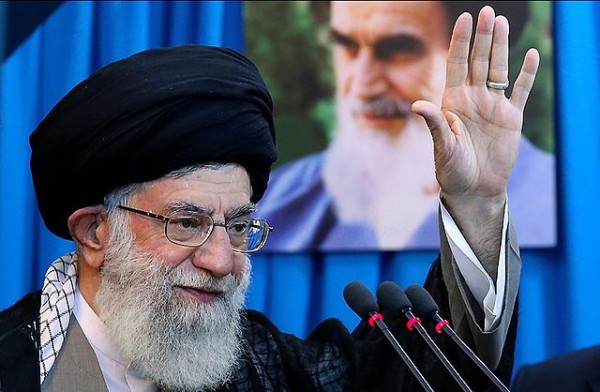
A few months ago, he told Iranian Revolutionary Guard commanders that Washington is using “money and sexual attractions” to infiltrate Iran. More recently, he warned Rouhani — a moderate by Iranian standards — to be vigilant of American “treachery.”
Parliamentary elections in Iran next month may be an indicator of the direction in which Iran is heading. If Rouhani’s representatives are not disqualified from running and fare well at the ballot box, Iran’s attempt at rapprochement with the West may well have a chance of succeeding.
